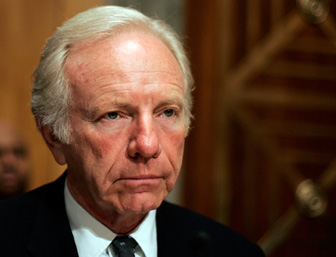An observant Muslim with an apparent history of support for suicide bombing shoots up an American Army base. Think you can guess his motives?
If you said religion or politics, you’re not a member of the conventional media. In the first 24 hours after the shooting, media reports portrayed suspect Nidal Hasan not as an angry Islamic extremist but as a victim, both of post-traumatic stress disorder and more broadly of American foreign policy.

In a piece posted at Truelsant.com, psychologist Todd Essig claims that Hasan was “wounded by war…. before he first pulled a trigger.” Mental health professionals, he writes, can be victims of “vicarious traumatization,” a disorder that can prove “contagious and deadly.” Keep in mind that Hasan was never deployed to a war zone. Apparently he caught it at the office.
On NPR, Tom Gjelton told listeners that it was important to question the level of exposure Hasan had to the traumatic stories of other soldiers while in residency at Walter Reed Army Medical Center. Gjelton referenced Hasan’s negative performance reviews at work and some interpersonal trouble — he reportedly proselytized about his faith to patients and professional colleagues — but NPR concluded with a focus on how deployments can cause stress, in this case presumably enough to shoot more than 30 people.
On Larry King Live the night of the shooting, Dr. Phil McGraw echoed that theory, speculating that Hasan was disturbed by stories he heard from soldiers trying to reintegrate into society, and snapped. Blogging at the Huffington Post, California Democratic Party Leader Christine Pelosi suggested that Hasan was suffering from “invisible wounds of war” and called for de-stigmatizing PTSD.
Maybe. Yet Hasan’s Army medical records show he had less than a year of clinical practice.
Nor is there evidence that Hasan ever applied for Conscientious Objector status, a fairly conventional request that might have spared him any combat role in Afghanistan.
In fact at this point there is no evidence of any kind about Hasan’s motives, much less about the existence of airborne strains of PTSD. He’s not talking. Until he does, it’s probably best not to assume the Army is somehow responsible for his killings.
COMMENTS
Please let us know if you're having issues with commenting.